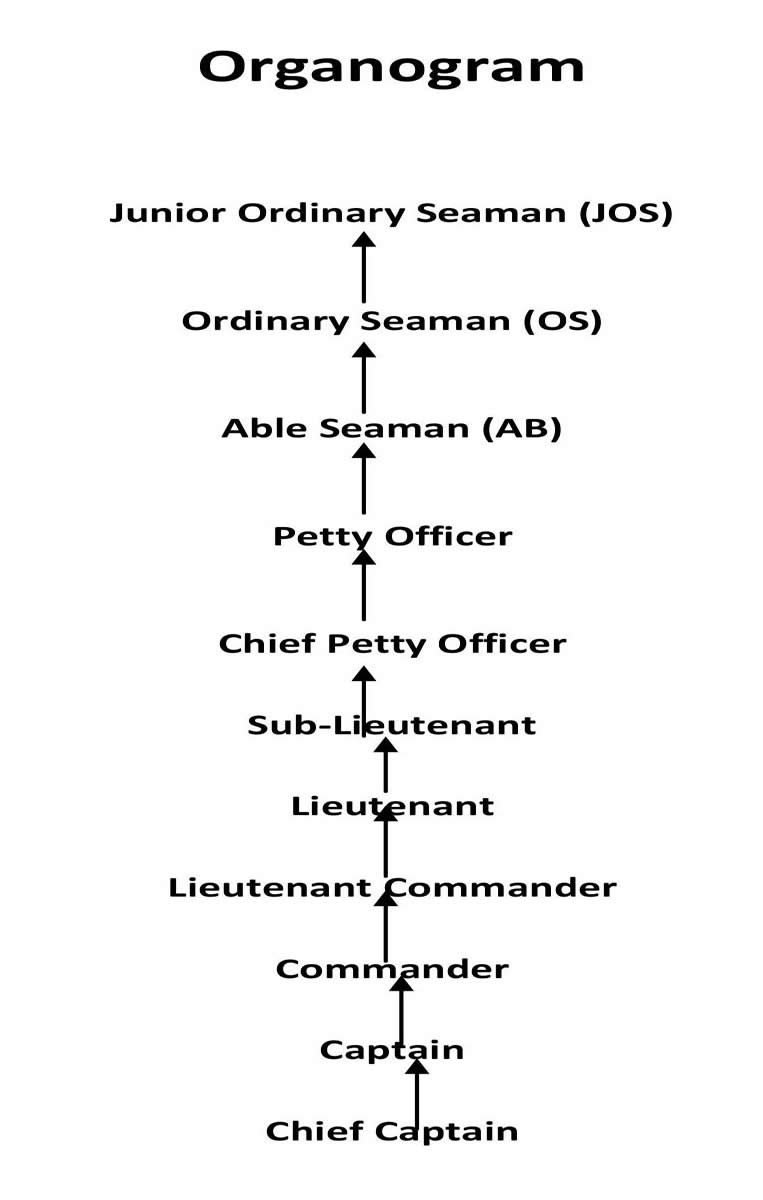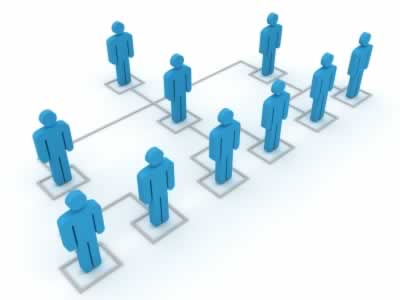1.0 OVERVIEW The Nigerian State is blessed with different water bodies as rivers, creeks, lagoons, seas estuaries and lakes. The Nigerian coast line stretches for 853 km(530 miles).The major rivers estimated at about 10,812,400 making 11.5% of the total surface area of Nigeria, which is estimated to be approximately 94,185,000. The economic importances of these diverse water resources can not be overemphasized. They are sources of food and jobs for fishermen, their families and members of the public; also source of transportation. The economic importances of water have imposed responsibilities for more than one ministries and government departments in Nigeria.The Federal Ministries of Defense, Police Affairs, Transport, Agriculture, Environment and Health. The Federal Environmental Protection Agency (FEPA); Nigerian Custom Services, National Inland Waterways (NIWA),NPF Marine Police, Nigerian Maritime and Safety Administration (NIMASA), Nigerian Navy. Transport is on the concurrent list of the Nigerian 1999 Constitution (as amended) and this prompted the creation of Lagos Waterways Authority (LASWA). They have been hitherto incidents of water transport mishaps like capsizing, fire outbreak, head -on collision etc caused by human error, ignorance or natural sea waves or lack of compliance to safety regulations and laws. This incidents have led to help huge loss of lives and property. “Safety first” as slogan is yet to be imbibed as routine phylosophy among majority seafarers or consumers of marine services.A normal occurrence is to hear that the use of life jackets doesn’t save but God, hence people decline to make human efforts to put on life jackets. The Nigerian maritime industry safety problems are compounded by inadequate infrastructural facilities, lack of dredging of some due -to be -dredge water channels, lack of navigational aids and poor budgetary funding. Whereas, they are laws and regulations made to ensure achievement of safety of seafarers and consumers of marine services. For instance there sections 47&48 of Factory Act 2004, Nigerian National Policy on Occupational Safety and Health which embodies the International Labor Organization Conventions and standards, which targets improvement in the safety of maritime occupation, ensuring health performance. We have also the Nigerian Maritime and Safety Administration ( NIMASA ) Act 2007;;FEPA ( 1991) Guidelines and Standards for Environmental Pollution in Nigeria; National Water Resources Act 1993(Decree 1) and National Inland Waterways Authority Act 2004. All the aforementioned laws and regulations mandate deliberate efforts by citizens, seafarer, coastal residents, merchant Mariners, oil station and platform workers, construction workers, and non coastal residents; corporate businesses etc adopt specific behaviors that ensure safety and forestall maritime accident, wreckage, fire out break and disaster, loss of lives etc. The trends of oil pipeline explosion at the coastline, boat capsize, pollution of water body like creeks, canal’s, lagoons, harbor and inland rivers.

and estuaries with massive plastic wastes, fecal remains and other solid matter impedes navigational safety and healthy recreational uses of water resources for recreation like swimming, diving etc. The challenges of safety in the maritime industry in the inland waterways and the coastline, are not absence of enabling laws to address those issues. Most of the laws lack enforcement. The search and rescue of distress passengers on the Nigerian Inland Waterways is fraught with lack of manpower, lack of special Purpose vehicles (SPVs); fatalism of seafarers or marine passengers on “what will be will be”. We need to answers: how do we achieve Occupational Safety and Health in Construction (no 167)? How do we achieve ILO Occupational Safety and Health (Dock Work) Convention 1979(no 152)? How do we achieve the targets of all applicable Laws and regulations to achieve the safety of our Waterways for economic activities and developmental growth? What about the burden of implementing the United Nations Sustainable Development Goal 6:”Ensure availability and Sustainable management of water and sanitation for all”? Is the United Nations Sustainable Development Goal 14:”Conserve and sustainably use the oceans, seas and marine resources for sustainable development “worth a task living for government alone? Thus, the Coastal Safety and Awareness Initiative (CSAI) has been Incorporated by concerned registered Mariners and safety promoters as a corporate response to fill the gap of needs. 1.1 Vision: “To build a culture of preparedness, prevention, response and Community Resilience to Coastal disaster, security and safety within Nigerian coastal domain”. 1.2 Mission: “Activates resources towards efficient and effective search and rescue operations, preservation of a healthy and sustainable environment; safety and security in Nigeria”. Goals for 2020 1. Carry out awareness of safety at the coast and inland water bank and jetty to achieve SDG 14:” Conserve and sustainably use the oceans, seas, and marine resources for Sustainable Development” 2. Reduction of fatalities in accidents on Waterways by over 60% in comparison to previous year 3. To provide concrete exploration of the expertise of marine professionals in search and rescue management operation, thereby creating job opportunities for at 1000 people. 4. Partnership with relevant government Ministries, Departments and Agencies for the achievement of Goal 1,2,&3. 3.0 Specific Programs 3.1 Safety • Advocate the use of life jackets at jetties before Take-Off of passenger boats • Check the conditions and strength of life jackets provided on passenger boats and make appropriate recommendation • Routine check-up of tonnage and passenger capacities of boats, Water crafts, ferries and advocate for compliance to maintain the carriage capacities. • Raise awareness on the existing maritime and safety acts,laws and regulations as they apply to seafarers, operators and relevant stakeholders. 3.2 Search and Rescue • Surveillance of the river/sea within the mandate territorial Waterways • Respond to distress calls for rescue assistance • Train staff and citizens on search and rescue management • Provision of first aids • Collaboration with existing public facilities for evacuation of victims .

3.3 Advocacy • To liase with Maritime Workers Union of Nigeria to raise safety awareness among members • Shall ensure passengers documentation by boat operators: manifest, phone number, next -of -kin etc • Educating seafarers on safety, rescue and basic swimming tips handbills, fliers • Shall review all maritime laws, regulations, Conventions and practices and make case for review , adoption or compliance as they relate to emerging trends and realities • Shall write press releases on her activities and concerns for change • Shall use the social media for broadcasts
3.4 Training 3.4.1 Shall establish short term training in the followings among other relevant areas; • Swimming • Search and Rescue • Ocean diving